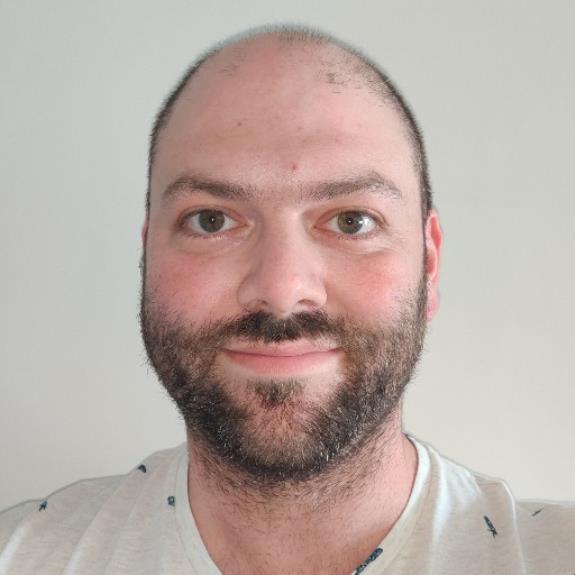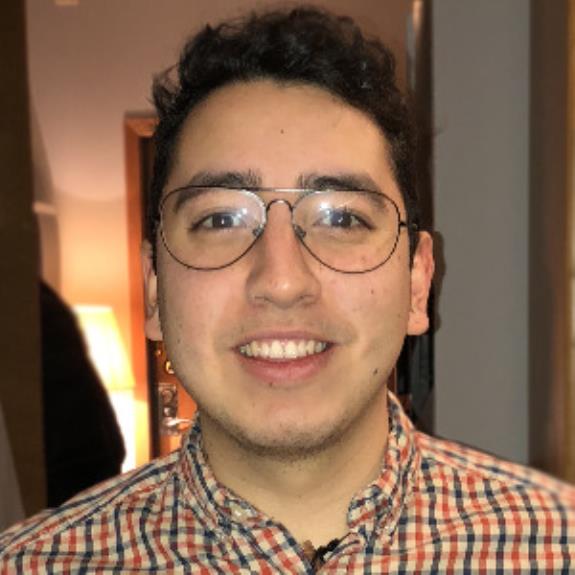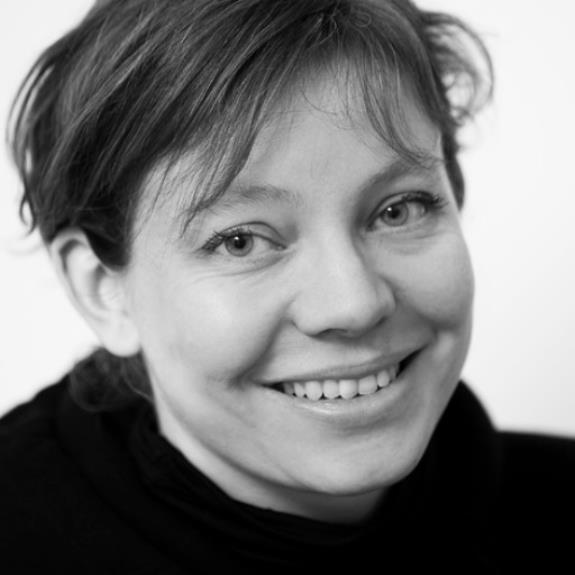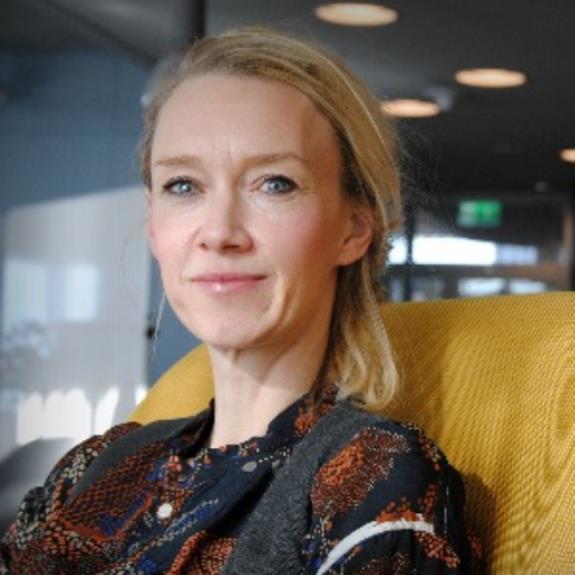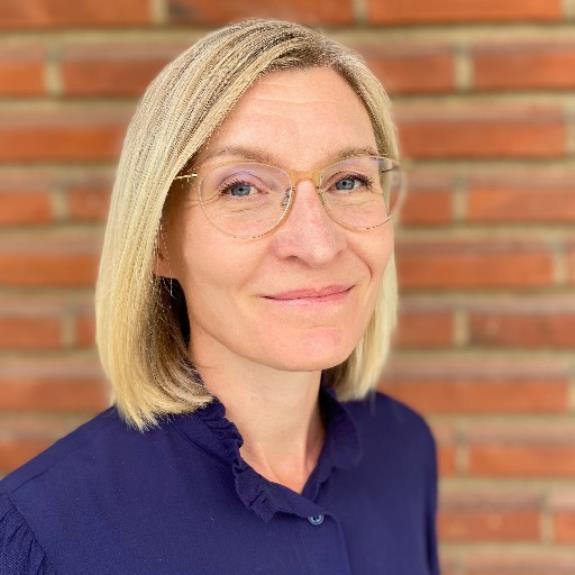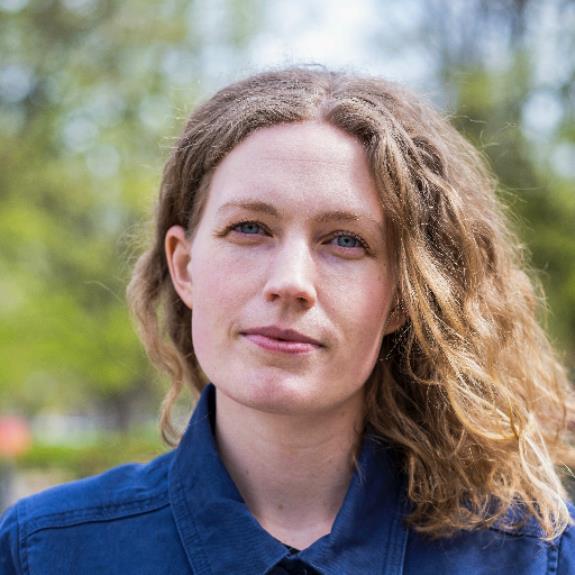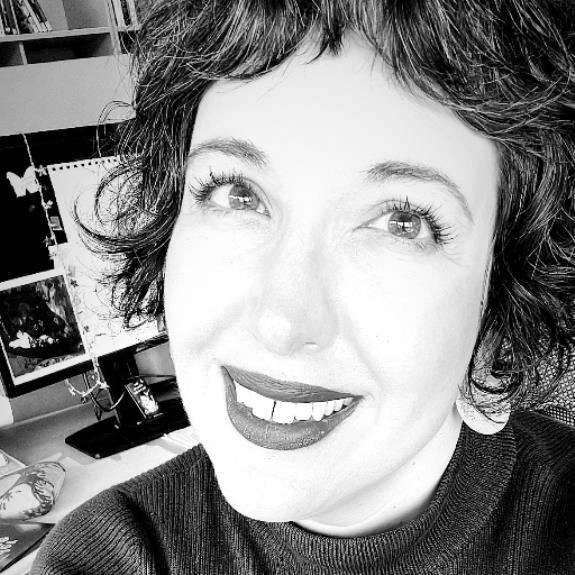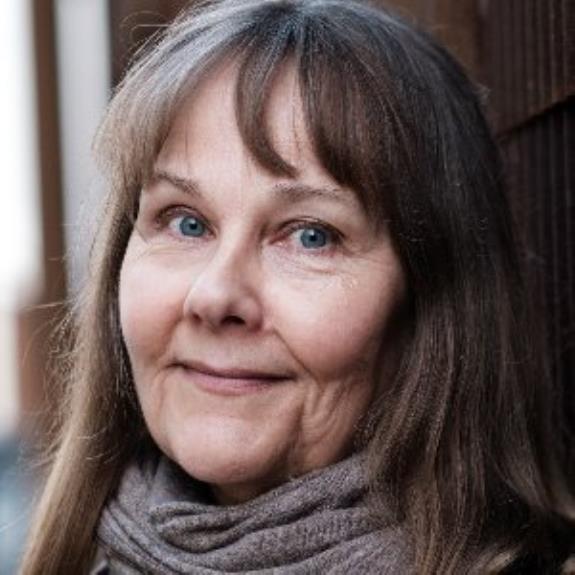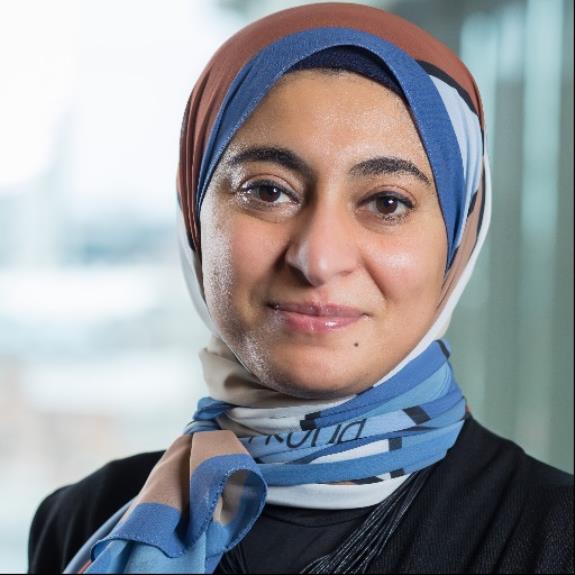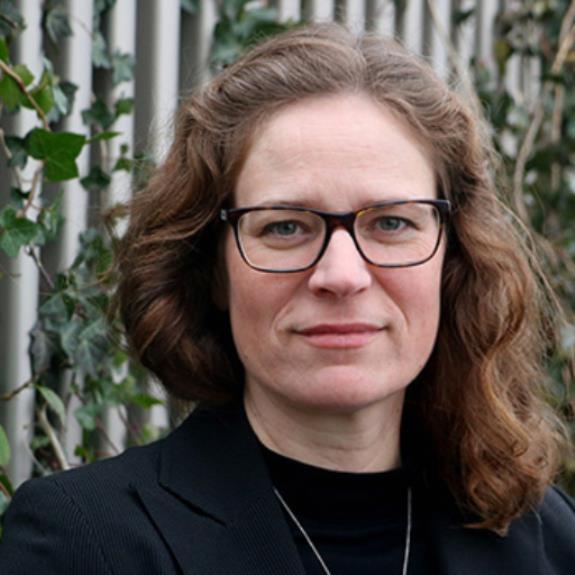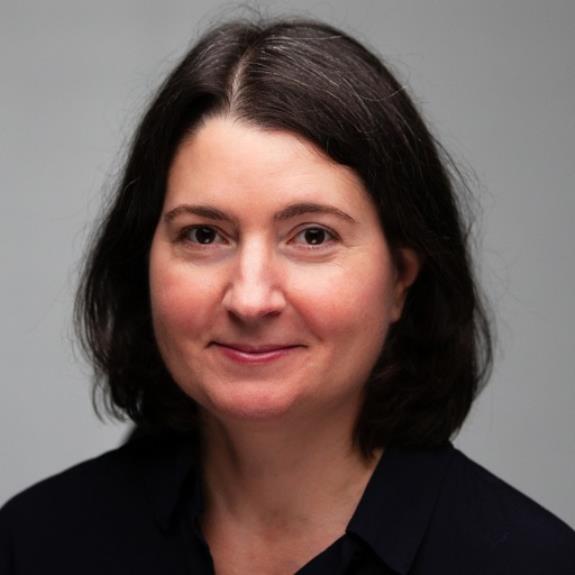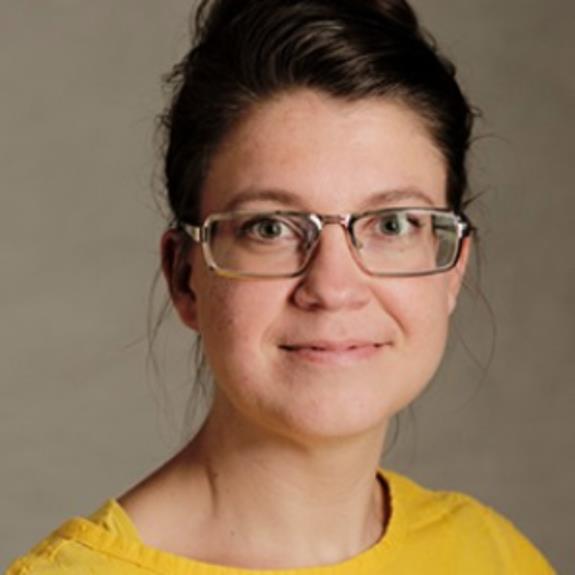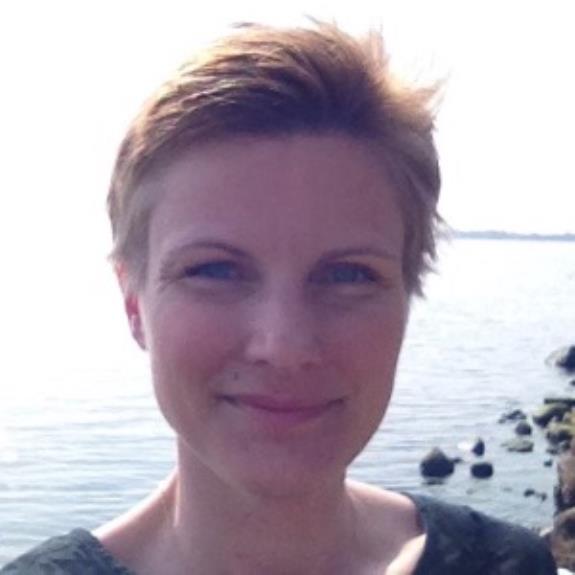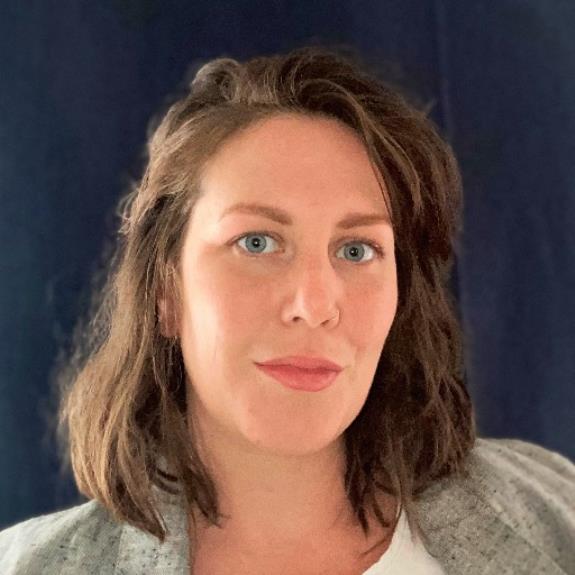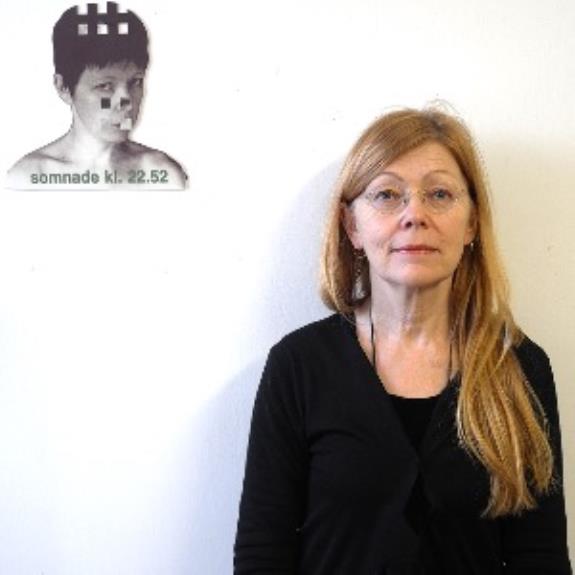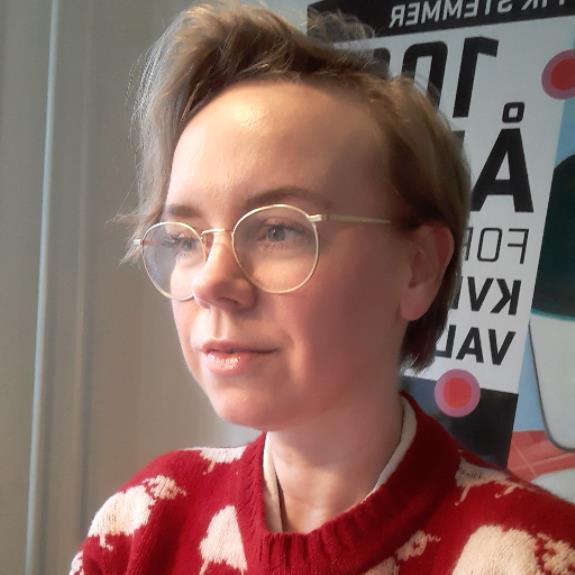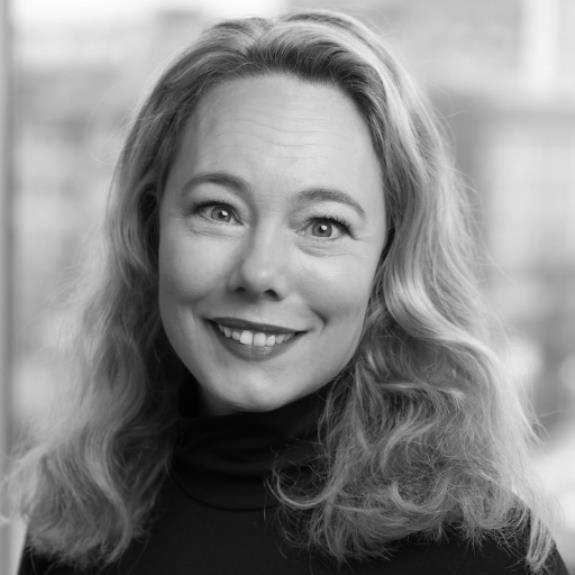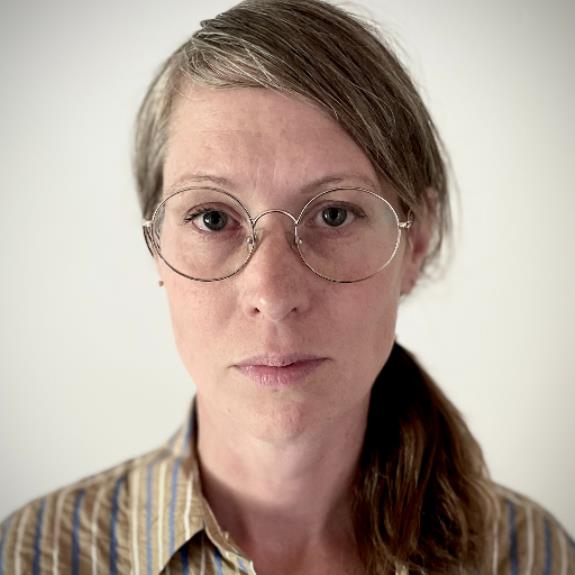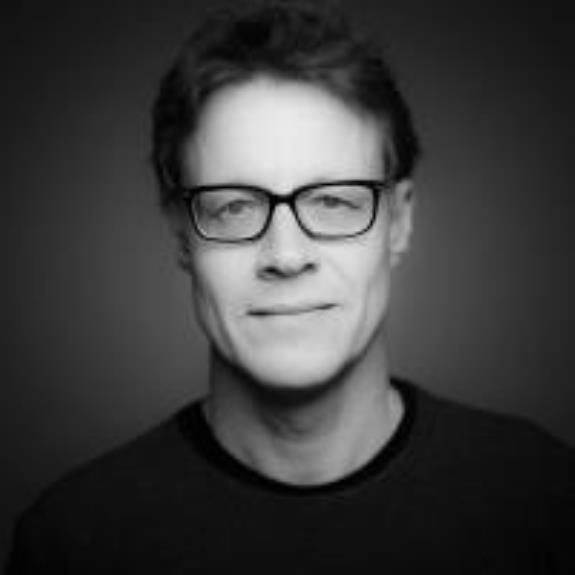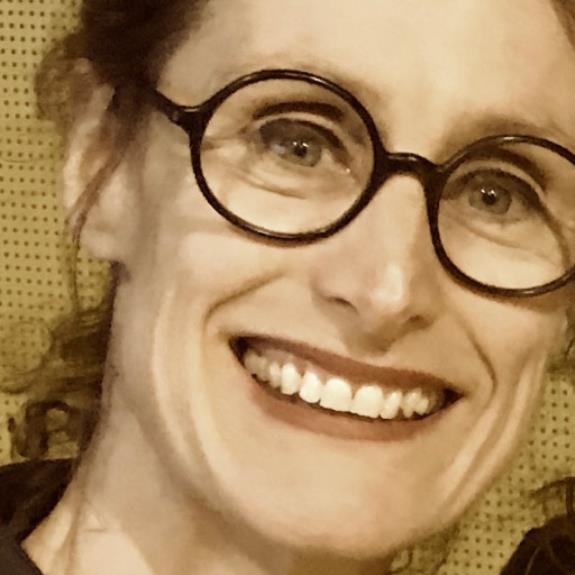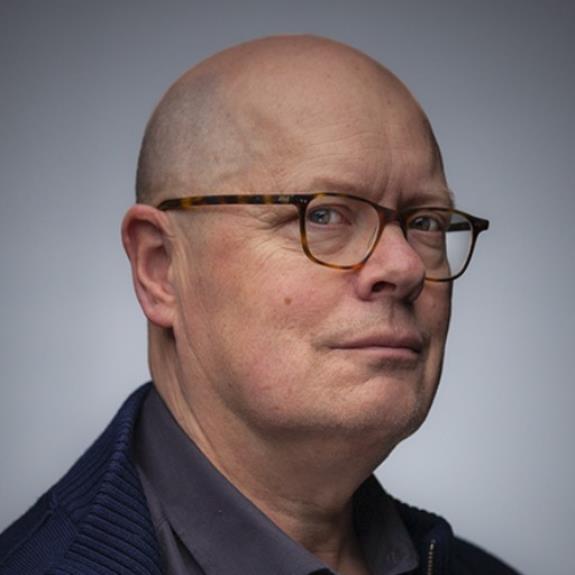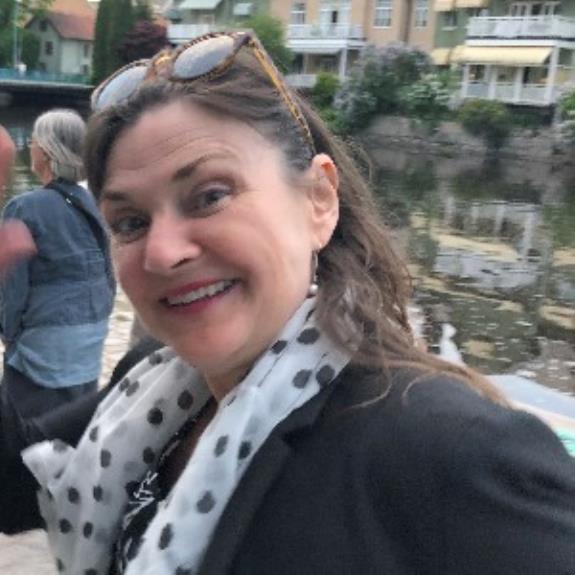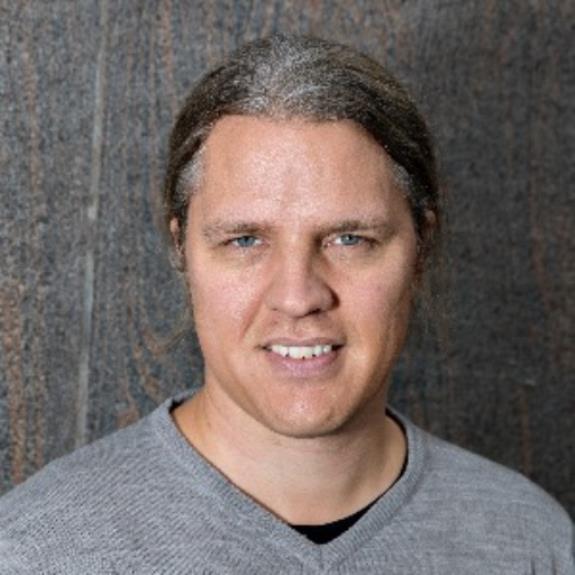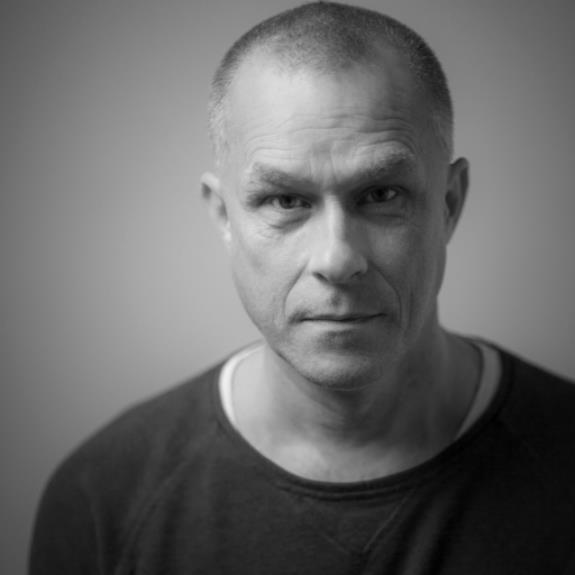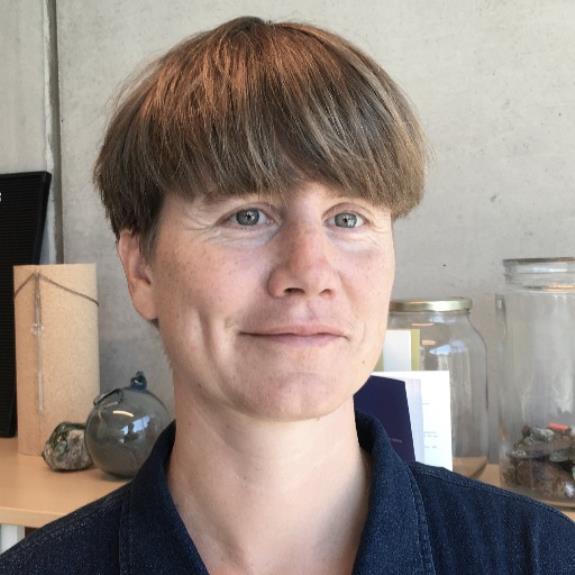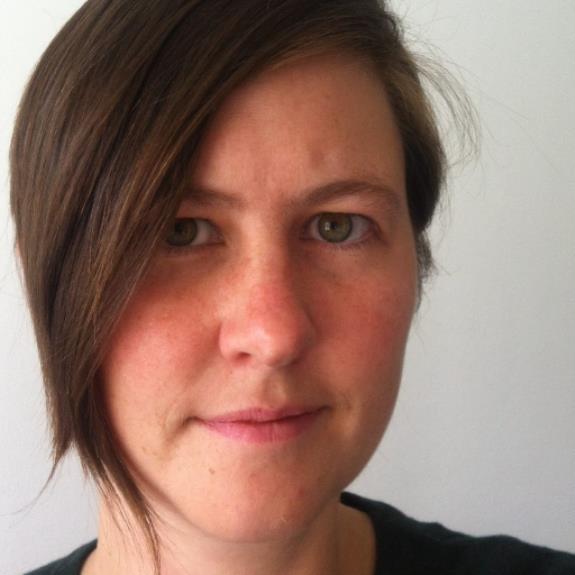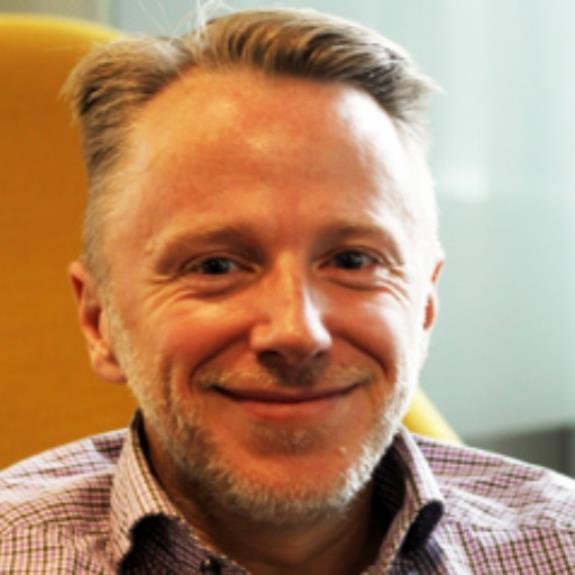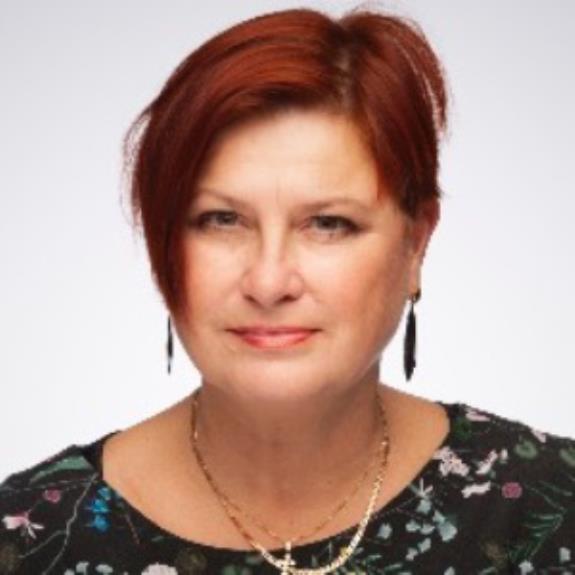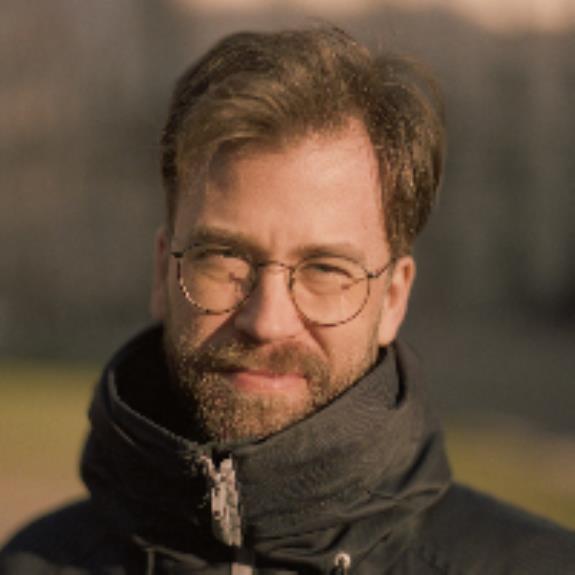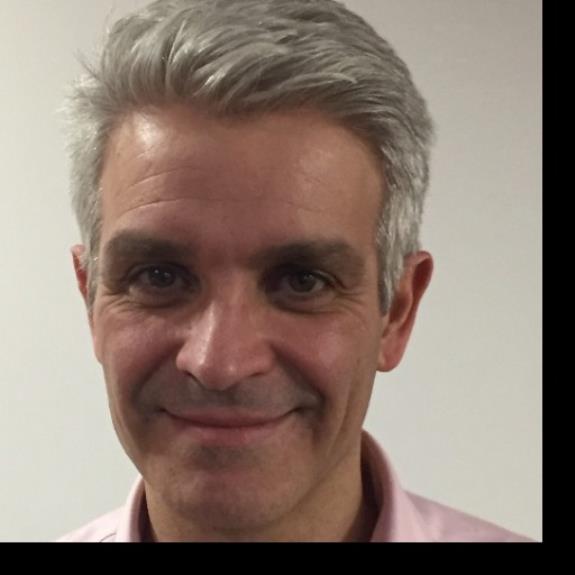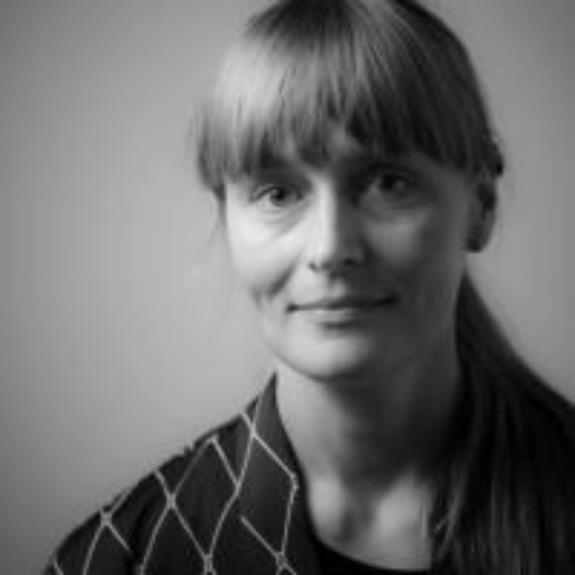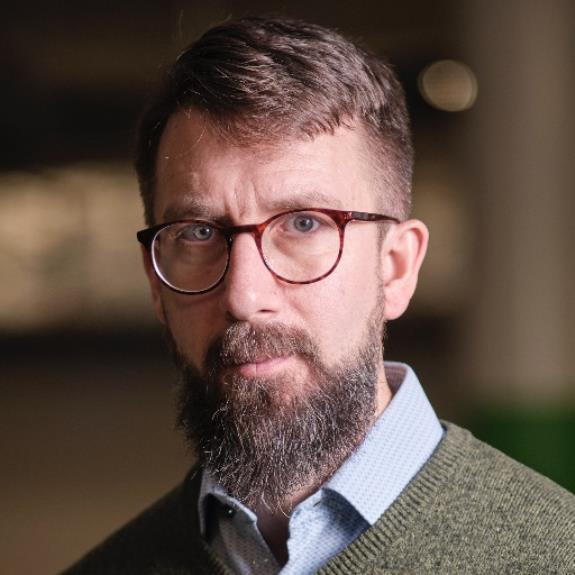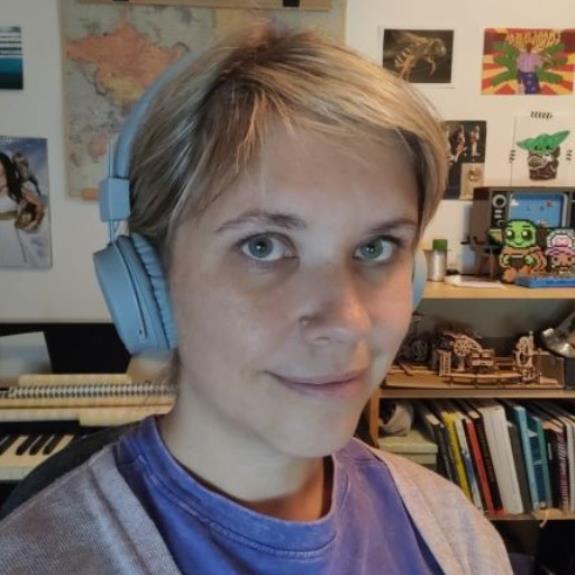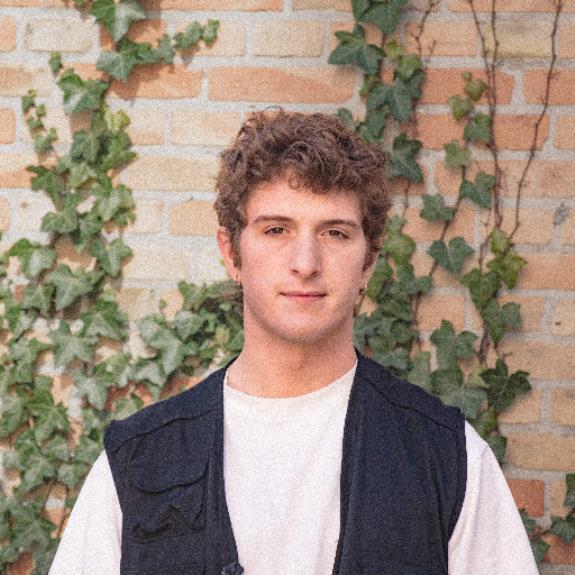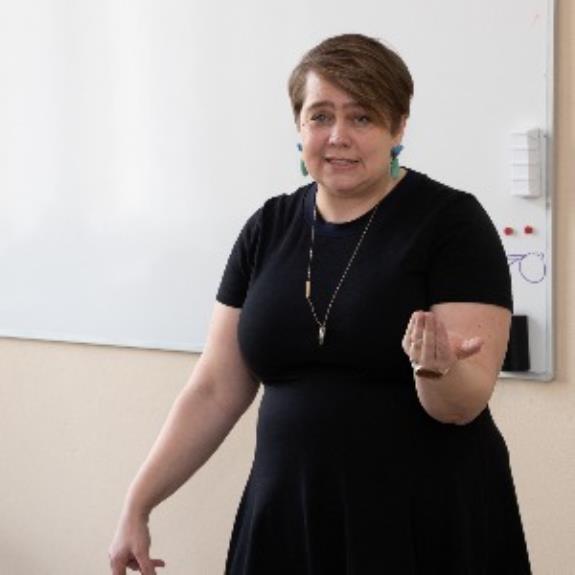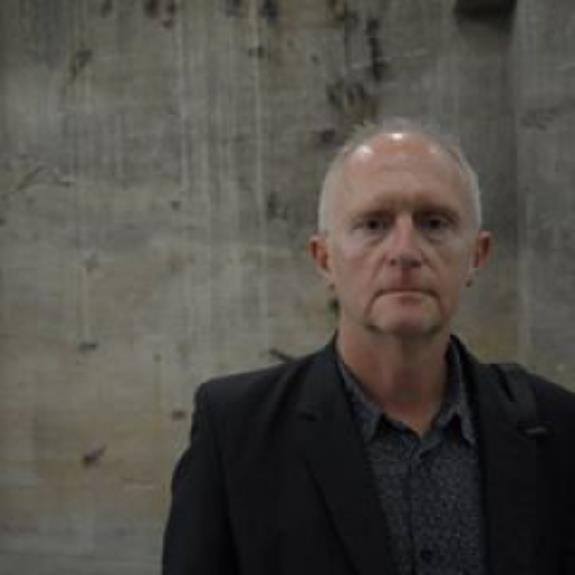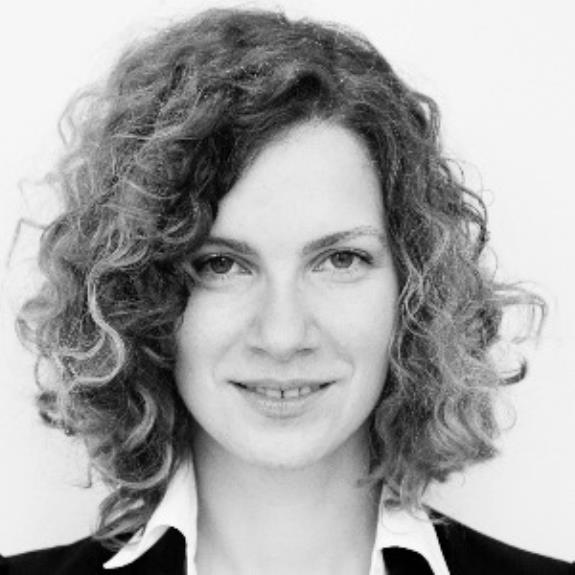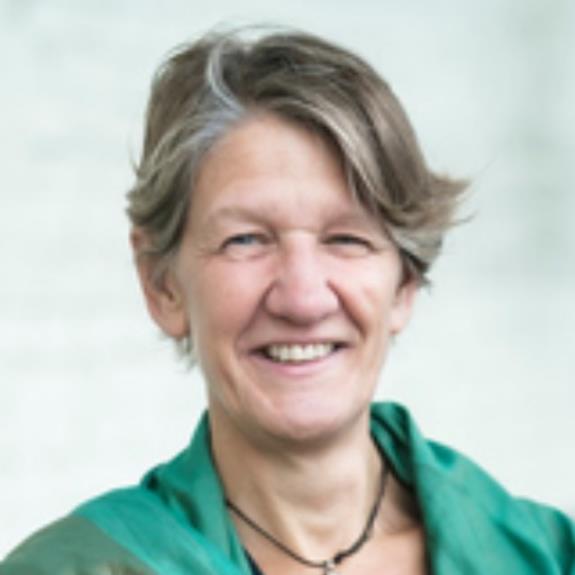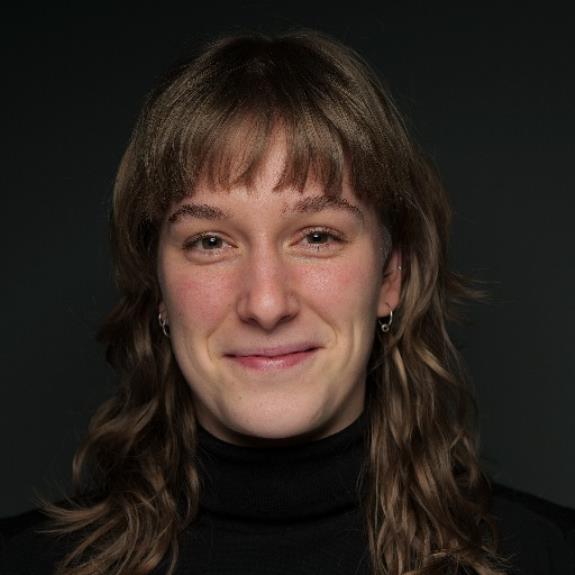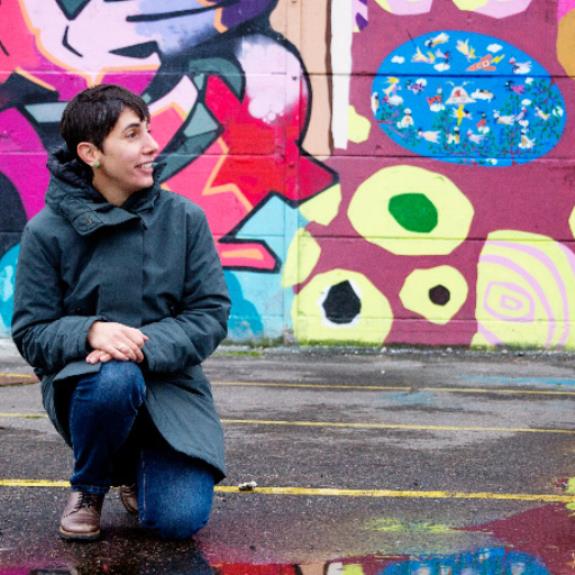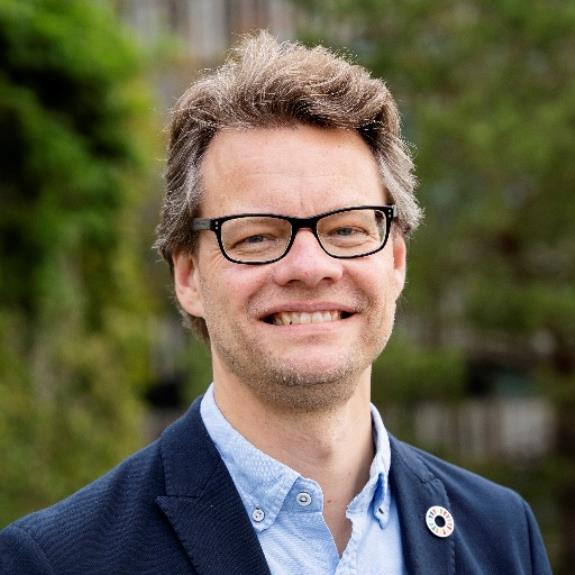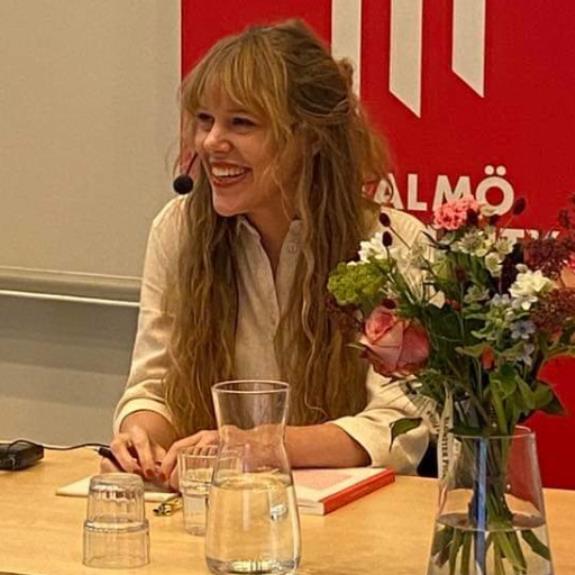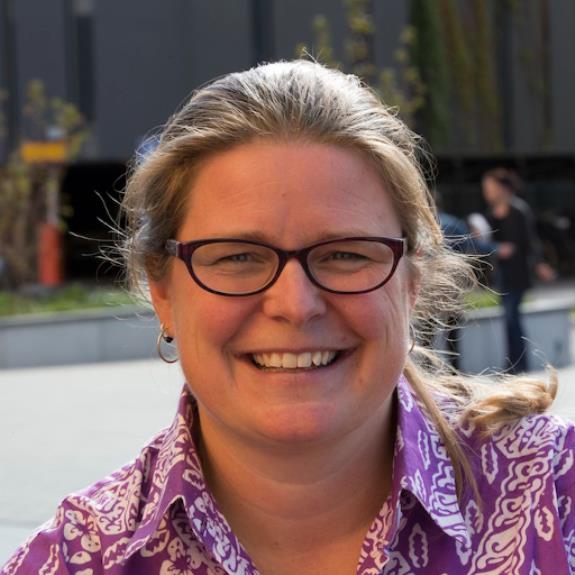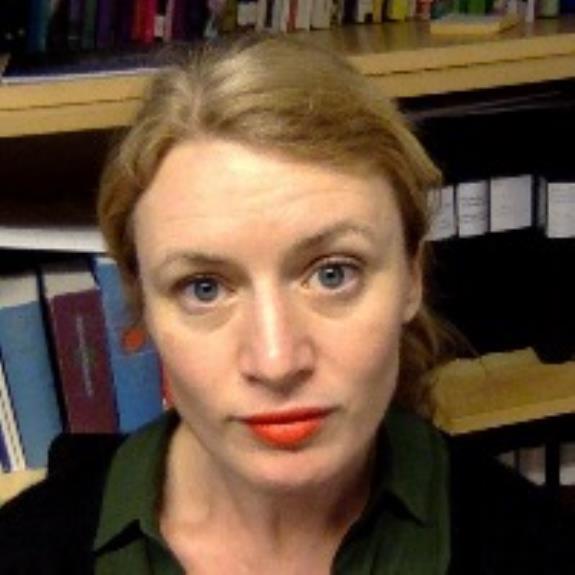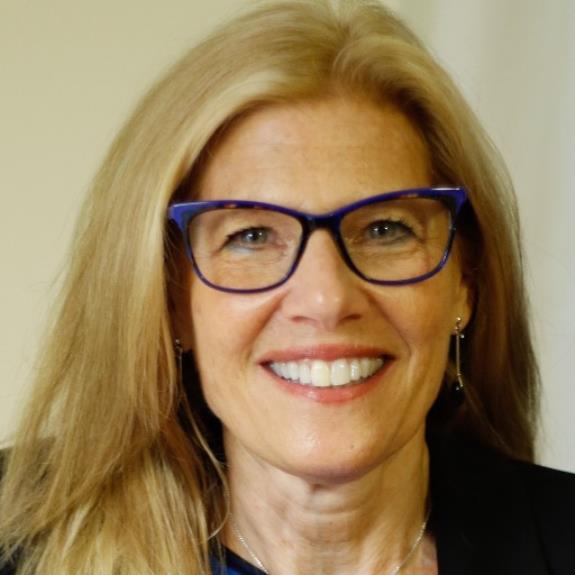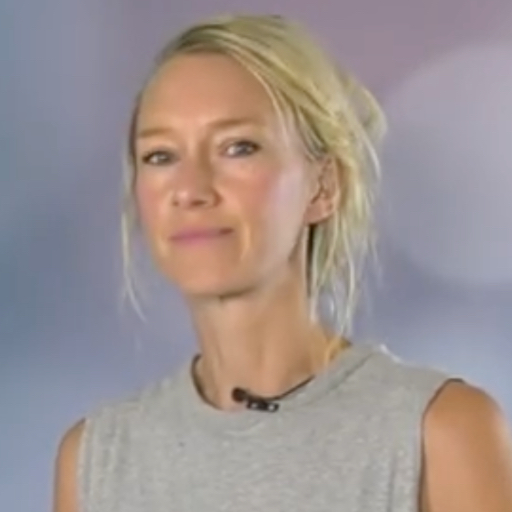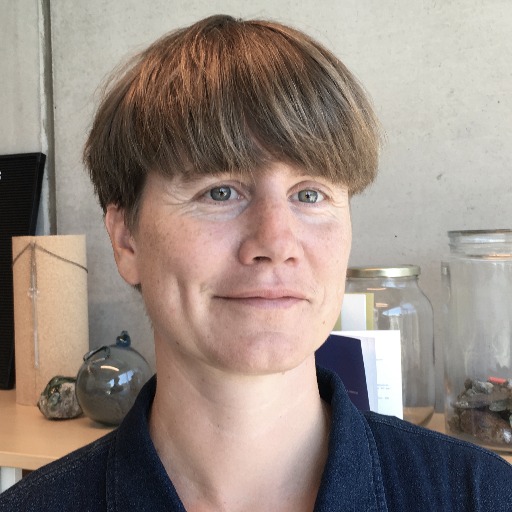We use cookies on this website. Cookies help us deliver the best experience on our website. Read about cookies.
-
- Education
- Education
- Programmes and courses
- Applications and admissions
- Tuition fees
- Scholarships
- Exchange studies at Malmö University
- Study Guidance
-
- After admission
- After admission
- Moving to Malmö
- Pre-orientation
- Arrival guide
-
- About studies at Malmö University
- About studies at Malmö University
- Why choose Malmö University
- Understanding university studies
- Connect with our students
On the page -
- Research
- Research
-
- Doctoral studies
- Doctoral studies
- Doctoral courses
-
- Doctoral schools
- Doctoral schools
- Doctoral school: Education, Learning and Globalisation
- Doctoral school: The National Research School for Professionals in Social Services
- Doctoral school: Learning in Multicultural Societal Contexts
- Doctoral school: ComBine
- Doctoral school: Swedish National Graduate School in Science and Technology Education Research
- Doctoral school: Relevancing Mathematics and Science Education (RelMaS)
- Doctoral school: Sustainable Movement Education
- Doctoral school: Finding ways in a time of great future challenges (FinnFram)
- Doctoral school: Pedagogy and Vocational Skills
- Doctoral school: Culturally Empowering Education through Language and Literature
- Research subjects
-
- Research centres
- Research centres
- Biofilms Research Centre for Biointerfaces
- Citizen Health
- Imagining and Co-Creating Futures
- Institute for Urban Research
- Malmö Institute for Migration Studies
- Literacy and Inclusive Teaching
- Centre for Work Life Studies
- Sustainable Digitalisation Research Centre
- Centre for Sexology and Sexuality Studies
-
- Research publications
- Research publications
- Search publications
- Malmö University Press
- Research events
- Participate in a research study
- Coffee Break Quiz
On the page -
- Collaboration and Innovation
- Collaboration and Innovation
- Innovation
- Collaboration with students
-
- Collaborate with researchers
- Collaborate with researchers
- Labs and facilities
- Culture collaboration
- Support Malmö University
- Alumni & Friends
On the page -
- About us
- About us
-
- Faculties and departments
- Faculties and departments
-
- Faculty of Culture and Society
- Faculty of Culture and Society
- Department of Urban Studies
- Department of Global Political Studies
- School of Arts and Communication
-
- Faculty of Education and Society
- Faculty of Education and Society
- Department of Childhood, Education and Society
- Department of Sports Sciences
- Department of Natural Science, Mathematics and Society
- Department of School Development and Leadership
- Department of Culture, Languages and Media
- Department of Society, Culture and Identity
-
- Faculty of Technology and Society
- Faculty of Technology and Society
- Department of Computer Science and Media Technology
- Department of Materials Science and Applied Mathematics
-
- Faculty of Odontology
- Faculty of Odontology
- Master's programmes in Dental Science
- University Dental Clinic
- Management and decision-making paths
-
- Vision, objectives and strategy 2025
- Vision, objectives and strategy 2025
- Global engagement
- Sustainability
- Widened recruitment and participation
- Quality assurance work at the University
-
- Malmö Academic Choir and Orchestra
- Malmö Academic Choir and Orchestra
- Student work – video pieces
-
- Annual Academic Celebration
- Annual Academic Celebration
- Academic traditions
- Meet our new professors
- The University in a troubled world
On the page
Imagining and Co-Creating Futures
Imagining and Co-Creating Futures
In a world that seems caught in a crisis-ridden present, there is a need to reawaken our capacity to collectively imagine, make, organise, and educate towards more hopeful futures. The centre offers a transdisciplinary space for collaborative research and education for just, sustainable and inclusive futures that invites diverse knowledges and perspectives.
The world faces a deficit of social imagination. We find it easy to imagine apocalypse and disaster; or to imagine new generations of technology. But we find it much harder than in the past to imagine a better society a generation or more into the future.
Geoff Mulgan, The Imaginary Crisis (2020)
Malmö Research Centre for Imagining and Co-Creating Futures brings together researchers and teachers from across the university to bring the transformative and critical potential of design, art, culture, humanities and the social sciences to bear on key areas of critical societal transformation. The scope of these areas spans critical issues such as collective responses to climate change, environmental degradation and sustainability to the rise of political polarization and extremism or the profound impacts of artificial intelligence (AI) and the rapid development of digital technology on relationships, social interactions and public discourse, and ultimately, the sustainability of society and democracy.
Our shared agenda in these areas is organised around four interconnected orientations to future-making, each providing a set of questions, concerns and methods: Imagining Futures, Making Futures, Organizing Futures, and Educating for Futures.
Research projects
-
 Research project
Research projectData Conversations
pille.pruulmann.vengerfeldt@mau.se -
 Research project
Research projectAcademic policy support of social innovation for sustainable transition
malin.lindberg@mau.se -
 Research project
Research projectPracticing Hope: Challenging myths and changing narratives of youth in super-diverse urban communities (YouHope)
jacob.lind@mau.se -
 Research project
Research projectForesight through the Doughnut model
li.jonsson@mau.se -
 Research project
Research projectThe Forbidden Music
nicholas.btorretta@mau.se -
 Research project
Research projectFuture Society and Democracy in Europe
michael.strange@mau.se -
 Research project
Research projectDesign after Progress: Reimagining Design Histories and Futures
li.jonsson@mau.se -
 Research project
Research projectSwedish Riksdag 1867–2022: An Ecosystem of Linked Open Data
fredrik.noren@mau.se -
 Research project
Research projectModern Times 1936
fredrik.noren@mau.se -
 Research project
Research projectPHED - Precision Health and Everyday Democracy
michael.strange@mau.se
Researchers
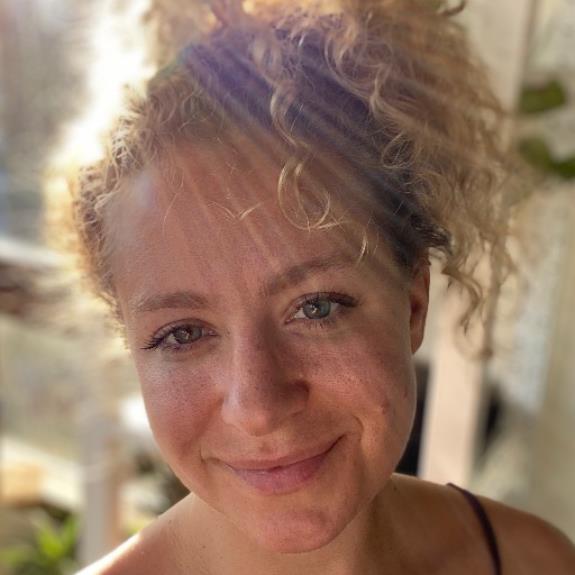
Caroline Adolfsson

Nicholas Baroncelli Torretta
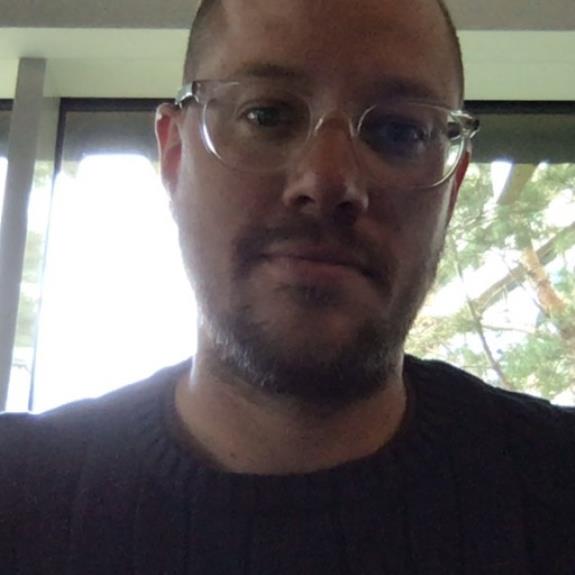
Martin Cathcart Fröden
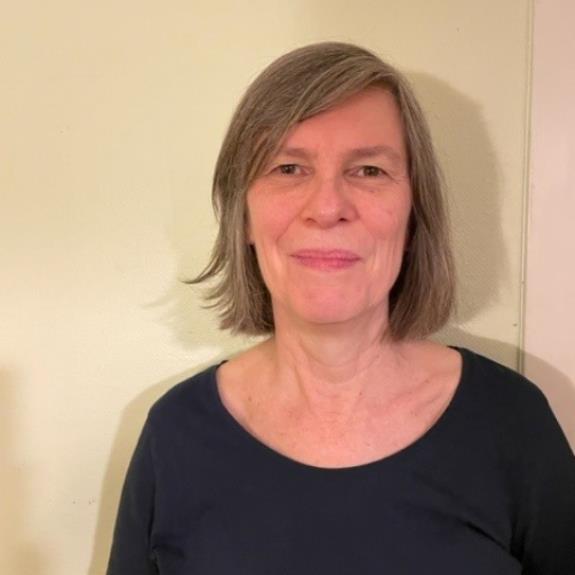
Anne Harju
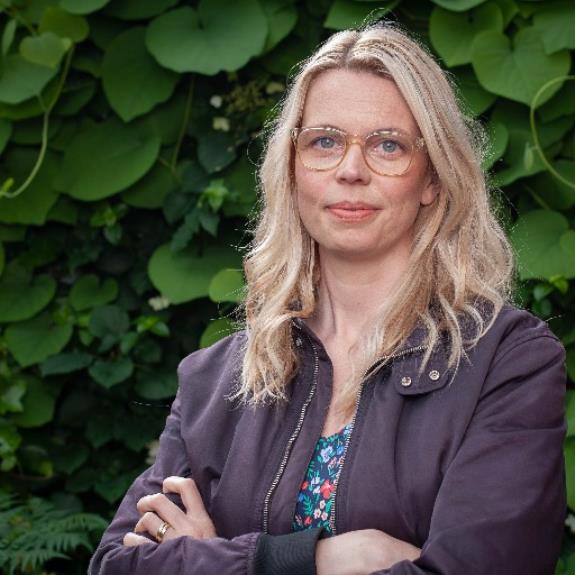
Hanna Hofverberg
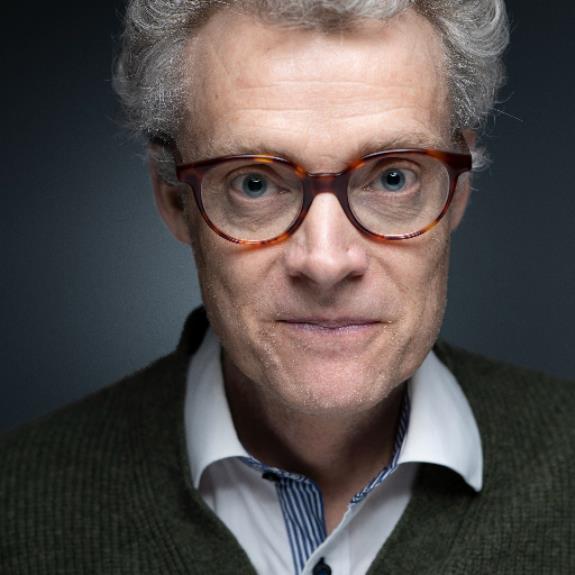
Anders Melin
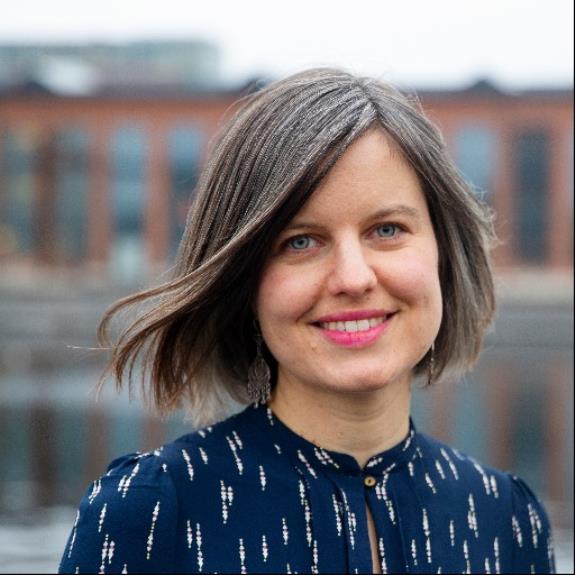
Hanna Sjögren
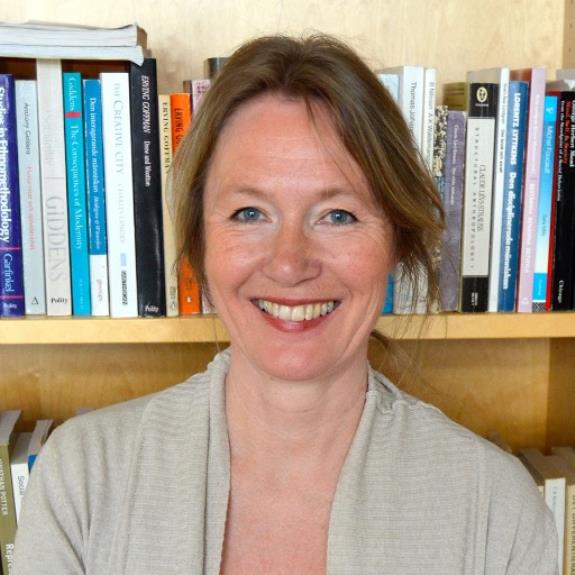
Filippa Säwe
Publication series: Imagining and Co-Creating Futures
-
2025 | Other
A Healthier AI Narrative with Michael Strange: Pondering AI Podcast series
Michael Strange
-
2025 | Report
Omställningssorg med hopp om en hållbar framtid
Christina Lindkvist, Per-Anders Hillgren, Kristina Lindström, Li Jönsson, Jonas Larsen
-
2025 | Chapter in book
More-Than-Human Participatory Design
Sara Heitlinger, Ann Light, Yoko Akama, Kristina Lindström, Åsa Ståhl
-
2025 | Chapter in book
Afterthoughts for an Emergent Future
Susanne Bødker, Pelle Ehn
-
2025 | Chapter in book
Living Labs for Open-Ended Participatory Design
Per-Anders Hillgren, Per Linde, Alicia Smedberg, Elisabet M. Nilsson, Pelle Ehn, Mette A. Eriksen
-
2025 | Article in journal
Imagining change in crisis: Climate imaginaries in activist agenda-settingForthcoming contributions
Julie Uldam, Daniel Lundgaard, Sila Latz, Tina Askanius
-
2024 | Article in journal
Overview, immediacy, control and knowing the audiences: value propositions and their failure in Google Analytics Dashboard
Asko Kauppinen, Pille Pruulmann-Vengerfeldt
-
2024 | Article in journal
Teacher education encounters climate change and critical mathematics education: Thinking about controversies in a statistics course
Magnus Ödmo, Lisa Björklund Boistrup, Anna Chronaki
-
2024 | Article in journal
Studenters svaga läsande beror inte på breddad rekrytering
Annika Olsson, Derek Stanford Hutcheson, Magnus Nilsson
-
2024 | Conference paper
Reorientations: Practicing Grief and Hope in Post-Carbon Futures
Kristina Lindström, Li Jönsson, Per-Anders Hillgren
Collaboration
Collaboration is an integral dimension of our work, and is built into all processes and activities of the centre. We draw on existing collaboration infrastructures at Malmö University, for example the Forum for Social Innovation Sweden, UNIC Centre for City Futures, alongside a number of partnerships with external stakeholders, in order to increase our societal reach and impact.
Contact
Email us
futures@mau.se-

Sara Bjärstorp - Senior lecturer
sara.bjarstorp@mau.se
-

Carin Cuadra - Professor
carin.cuadra@mau.se
-
PH
Per-Anders Hillgren - Professor
per-anders.hillgren@mau.se
-

Kenneth Mølbjerg Jørgensen - Professor
kenneth.molbjerg-jorgensen@mau.se
-

Hanna Sjögren - Associate Professor/Senior lecturer
hanna.sjogren@mau.se
-

Michael Strange - Associate Professor/Senior lecturer
michael.strange@mau.se


